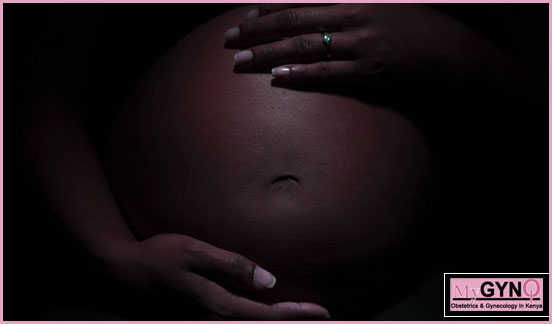- Clinic:
- 0733 945 717
- 0739 434 212

One baby at a time
April 4, 2025
Holistic Gyn
April 9, 2025Trying to conceive whilst older can be an uphill task

Dear doctor,
I am in my mid-forties and been trying to conceive for more than a year. Is there any way I can be helped?
The chances of spontaneous conception decline with age, more so from the mid-thirties onwards. It is estimated that women older than 40 only have a 5% chance of conception with every cycle. This is in great contrast to women in late 20s and early 30s, whose chances of conception are 4 to 5 times higher. By the time you hit 45 years, the chances of conception with your own eggs are almost nil. It doesn’t end there, you also have higher chances of suffering a miscarriage. And pregnancy-related complications also occur more commonly.
But despite the statistics, your motivation to conceive shouldn’t be dampened by anyone. It may be that this is the right time for you to start a family. You may already have settled down with many of your life goals, including education and career. Your current financial stability may be in favor of caring adequately for a family. You are also likely to be able to completely focus on the tasks of bringing up your child.
You must however accept the reality that you may take longer to conceive, or even end up not conceiving at all. You must immediately consult a fertility specialist and get a full reproductive evaluation done. Your male partner should come along and also get evaluated. The most critical factor will be your prevailing ovarian function. It’s likely your egg numbers will be significantly declined, and their quality too will be poorer. This is a biological phenomenon that occurs with advancing age, and cannot be reversed.
Your fertility specialist will advise on the best options to try and help you conceive. Simple, or even more advanced fertility treatments may be offered. However not even the most advanced fertility treatments, like in-vitro fertilization (IVF), can compensate for low egg numbers and quality. Your success rates will be dismal, and you might end up doing several cycles of treatment in order to conceive. Unfortunately, most women in the 40s using their own eggs, will never get pregnant even after several cycles of fertility treatments.
There’s always the option of using donated eggs. This requires some contemplation, and is obviously not an easy choice for everyone. The odds of getting pregnant with donated eggs are much higher, but must also involve doing IVF. If the thought had crept up to you when you were much younger, you could have frozen your eggs for future use. Those in younger age groups, with foreseeable potential of delaying child-bearing till the later years could consider this option.
It remains possible that you may still conceive. Maintain a healthy lifestyle. And be open to realistic advice from your fertility specialist.
Dr Alfred Murage is a Consultant Gynecologist and Fertility Specialist. amurage@mygyno.co.ke
Take a fertility test today
1 Comment
How is you? I love your good work thankyou keep that spirit up.